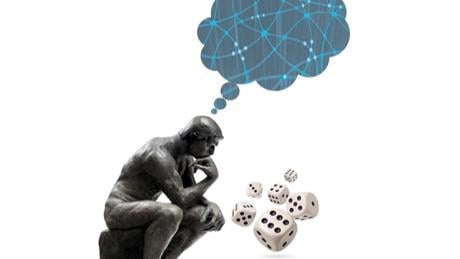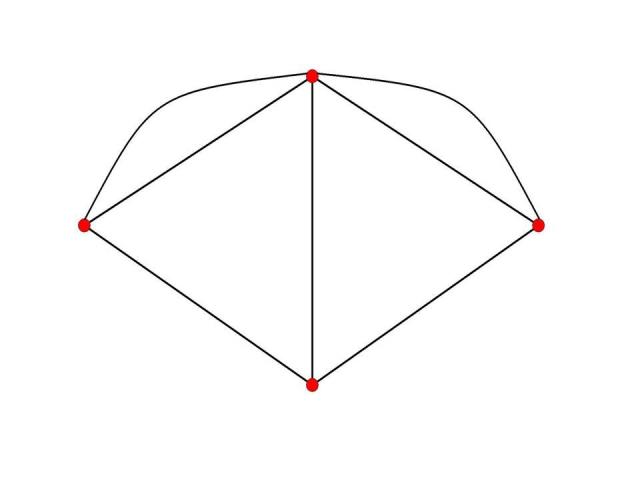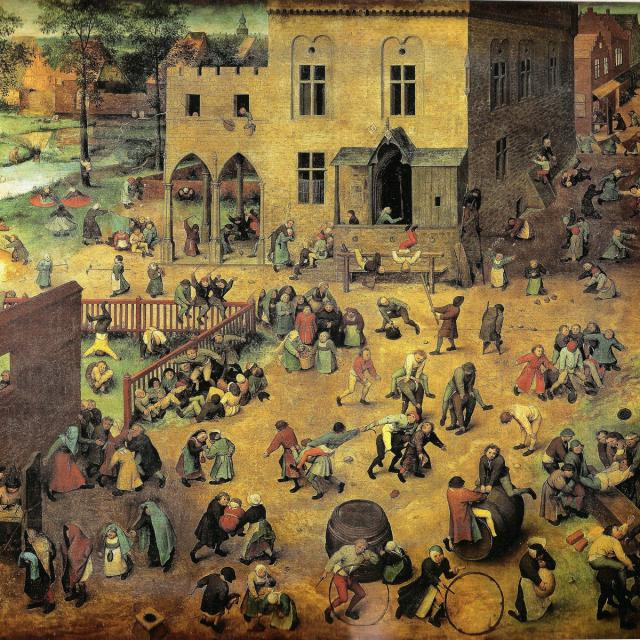Probabilistic Graphical Models 1: Representation (Coursera)
Categories
Effort
Languages
Probabilistic graphical models (PGMs) are a rich framework for encoding probability distributions over complex domains: joint (multivariate) distributions over large numbers of random variables that interact with each other. These representations sit at the intersection of statistics and computer science, relying on concepts from probability theory, graph algorithms, machine [...]
Apr 15th 2024










